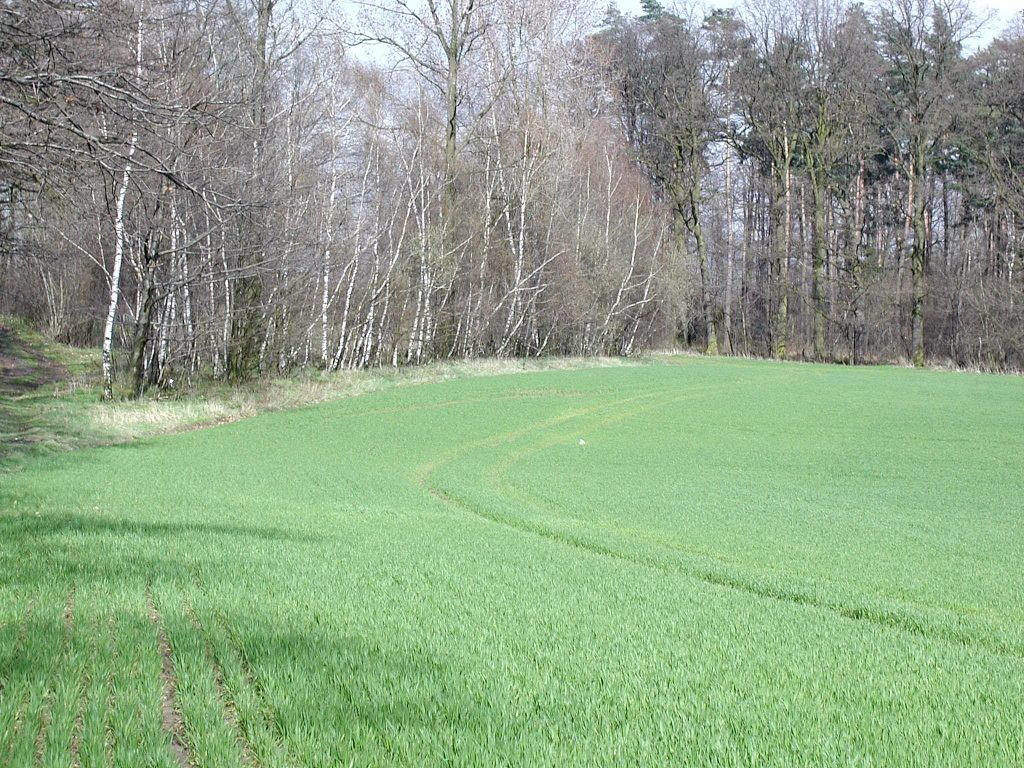 Aquisitive Prescription. It is a strange-sounding set of words, yet it can be vital in proving ownership of land and property in Louisiana. What exactly is it? The subsequent lawsuit helps answer that question and the following one: How can I prove ownership of land through acquisitive prescription in Louisiana?
Aquisitive Prescription. It is a strange-sounding set of words, yet it can be vital in proving ownership of land and property in Louisiana. What exactly is it? The subsequent lawsuit helps answer that question and the following one: How can I prove ownership of land through acquisitive prescription in Louisiana?
Crystal and Gwendolyn Smith sued Raymond Felton, claiming they owned land in White Castle, Louisiana. The Smiths claimed Felton misrepresented that he owned the property, had entered the property without permission, and intentionally damaged the home located thereon. The Smiths sought injunctive relief prohibiting Felton from entering the property. The Smiths also sought damages for the damage to the property and the mental distress they suffered.
In response, Felton argued he owned the land at issue. Although Felton did not have the actual title to the at-issue property, he provided a chain of titles dating back to 1897, whereas the Smiths only dated back to 1899. The trial court ruled in favor of Felton because he and his ancestors in title had been in possession of the at-issue property for over thirty years, which is required to establish ownership by acquisitive prescription. See La. C.C. art. 3486. The Smiths filed a motion for a new trial, which the trial court denied. They then appealed.
On appeal, the Smiths argued the trial court misinterpreted the evidence. They claimed Felton did not establish a link between his purported ancestors and himself. Because Felton did not possess the actual title to the at-issue property, he had to prove ownership by acquisitive prescription.
So how does one go about proving ownership of land through acquisitive prescription in Louisiana? This requires the possessor possessed immovable property, with the intent to be the owner, for thirty years. One individual is not required to have possessed the property for the entire thirty-year period. Instead, an individual’s possession can be tacked on to a prior possessor if that prior individual transferred the property with no interruption in the possession. See La. C.C. art. 3442. The trial court’s finding of whether an individual has possessed the at-issue property for at least thirty years is not overturned on appeal unless clearly wrong.
Here, the Louisiana First Circuit Court of Appeal found that Felton had provided sufficient evidence to establish he had possessed the property for at least thirty years. First, he provided a judgment of possession from 1965, where the at-issue property was acquired by his grandmother and then given to his father when his grandmother passed away. Felton then established the link with his father by introducing evidence from his parent’s obituaries that listed him as their child. The Smiths argued this evidence was insufficient to establish the thirty years of ownership. However, the appellate court disagreed and affirmed the trial court’s ruling that Felton owned the property.
If you are involved in a property dispute, it is essential to understand what documents are required to establish you own the at-issue property. A good lawyer can help you sort through and make sense of old documents that can be evidence to support your claims that you own the at-issue property.
Additional Sources: Smith v. Raymond Felton, Jr. and ZYS Ins. Co.
Written by Berniard Law Firm
Additional Berniard Law Firm Article on Acquisitive Prescription: What Does Predial Servitude, Acquisitive Prescription and Precarious Possessor, mean in Louisiana?
 Louisiana Personal Injury Lawyer Blog
Louisiana Personal Injury Lawyer Blog

